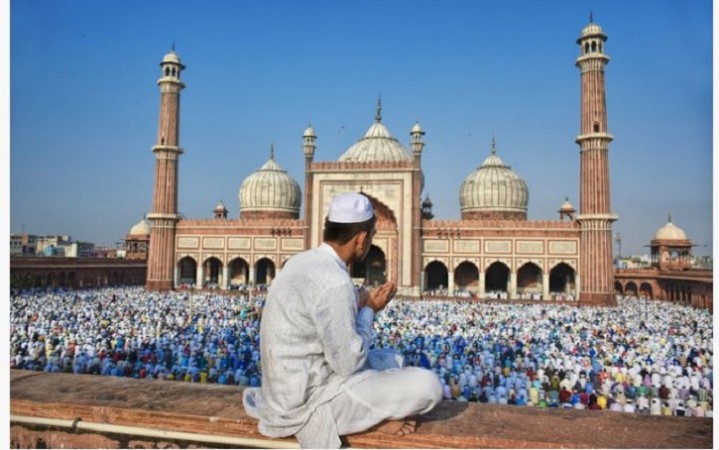
Eid al-Adha, also known as Bakrid or the Festival of Sacrifice, is an important religious observance celebrated by Muslims around the world. This joyous occasion holds immense significance in Islamic culture and commemorates the willingness of Prophet Ibrahim (Abraham) to sacrifice his son as an act of obedience to God.
On June 29th this year, Muslims will gather with their families and communities to partake in various rituals and festivities, demonstrating their faith and unity.
The Story of Prophet Ibrahim: The origins of Eid al-Adha lie in the story of Prophet Ibrahim, a revered figure in Islam. According to Islamic tradition, Ibrahim had a dream where he saw himself sacrificing his beloved son, Ismail (Ishmael), in obedience to God's command. Devoted to his faith, Ibrahim prepared to carry out the sacrifice. However, at the last moment, God replaced Ismail with a ram, signifying that his devotion had been proven and his son was spared.
The Significance of Sacrifice: Eid al-Adha symbolizes Ibrahim's unwavering faith and submission to the divine will. It serves as a reminder for Muslims to prioritize their devotion to God above all else, including their most cherished possessions and relationships. The act of sacrifice represents the willingness of individuals to sacrifice their desires and ego for the sake of righteousness, and to share their blessings with those less fortunate.
Rituals and Observances: Preparations for Eid al-Adha begin several days in advance. Muslims clean their homes, dress in their finest attire, and engage in acts of charity. On the morning of the festival, Muslims gather for communal prayers at the mosque or in open spaces. These prayers are led by an imam and include specific supplications and readings from the Quran.
One of the central rituals of Eid al-Adha is the sacrifice of an animal, usually a sheep, goat, cow, or camel. This act replicates Ibrahim's willingness to sacrifice his son and serves as a symbolic offering to God. The meat from the sacrificed animal is divided into three parts: one for the family, one for relatives and friends, and one for the less fortunate. This distribution reinforces the values of generosity, sharing, and social responsibility.
After the prayers and sacrifice, families and friends come together to share in a festive meal. Special dishes and delicacies are prepared, often including the meat from the sacrificed animal. The feasts are an opportunity for loved ones to strengthen their bonds and extend hospitality to others, reflecting the values of love, unity, and inclusivity that are integral to Islam.
Eid al-Adha emphasizes the importance of giving back to the community and caring for those in need. Many Muslims use this occasion to engage in acts of charity, such as donating money, food, or clothes to the less fortunate. This generosity helps to alleviate poverty and create a sense of compassion and empathy within society.
Eid al-Adha, also known as Bakrid, is a significant and joyous occasion for Muslims worldwide. It commemorates the faith, devotion, and sacrifice of Prophet Ibrahim and serves as a reminder of the values of obedience, generosity, and compassion. As families and communities come together to celebrate, they reinforce the principles of unity, love, and social responsibility. This auspicious festival not only strengthens the bonds between individuals but also highlights the importance of sharing blessings and supporting those in need.